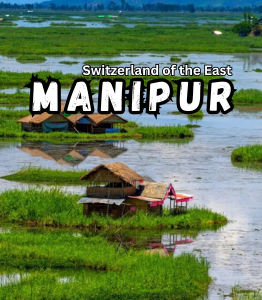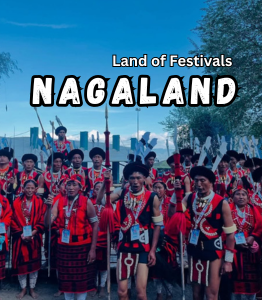
ASSAM
GUWAHATI
The largest city in Assam, Guwahati is a bustling urban hub known for its vibrant culture, temples, and natural beauty. It serves as a gateway to the northeastern states of India and offers a blend of ancient traditions and modernity.
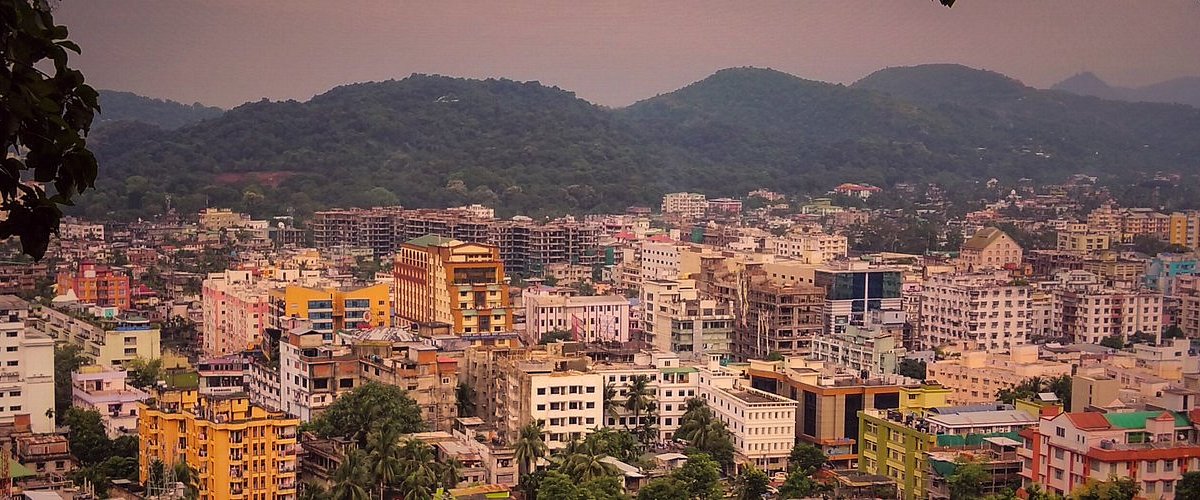
KAMAKHYA TEMPLE
One of the holiest temples dedicated to Goddess Kamakhya, this ancient temple in Guwahati is renowned for its tantric rituals and spiritual significance, attracting pilgrims from across the world.
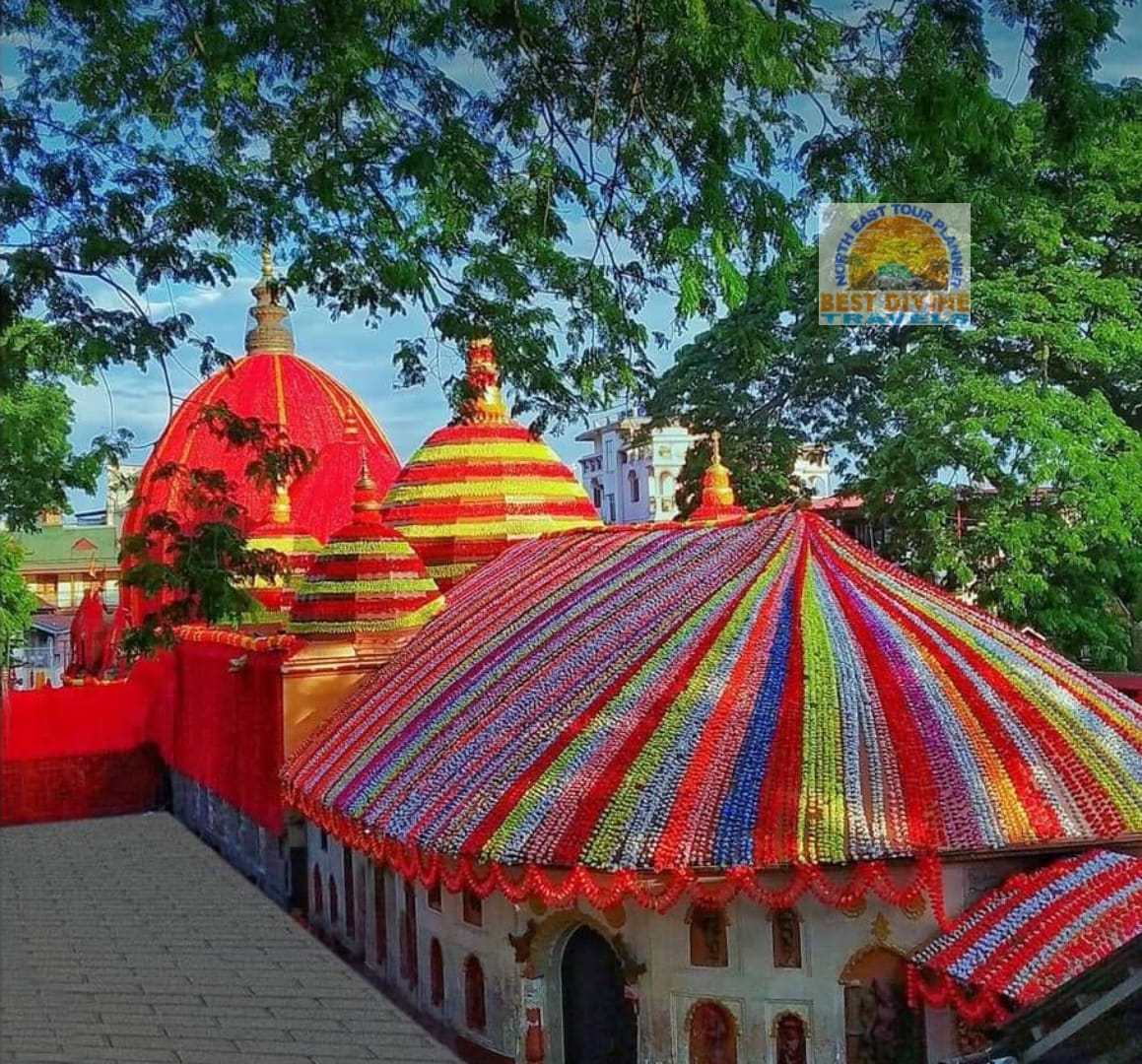
KAZIRANGA NATIONAL PARK
A UNESCO World Heritage Site, Kaziranga is famous for its population of one-horned rhinoceroses. It also hosts a rich diversity of flora and fauna and offers safari experiences through its vast grasslands and wetlands.
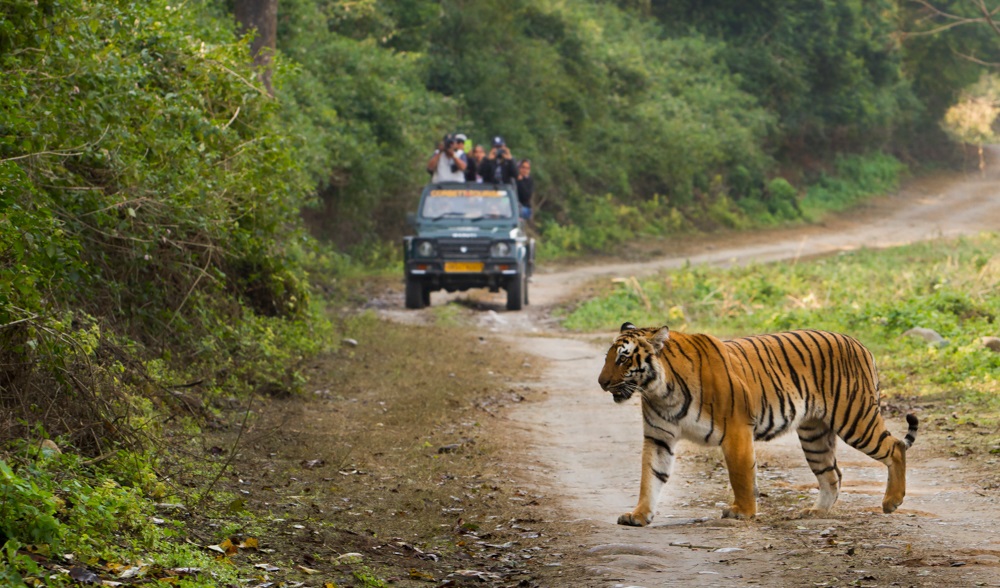
UMANANDA TEMPLE
Located on Peacock Island in the Brahmaputra River, Umananda Temple is dedicated to Lord Shiva. It offers scenic views of the river and a peaceful retreat amidst nature.

BRAHMAPUTRA RIVER
One of the largest rivers in the world, the Brahmaputra flows through Guwahati, providing a serene backdrop to the city and offering river cruises and other water activities for visitors.
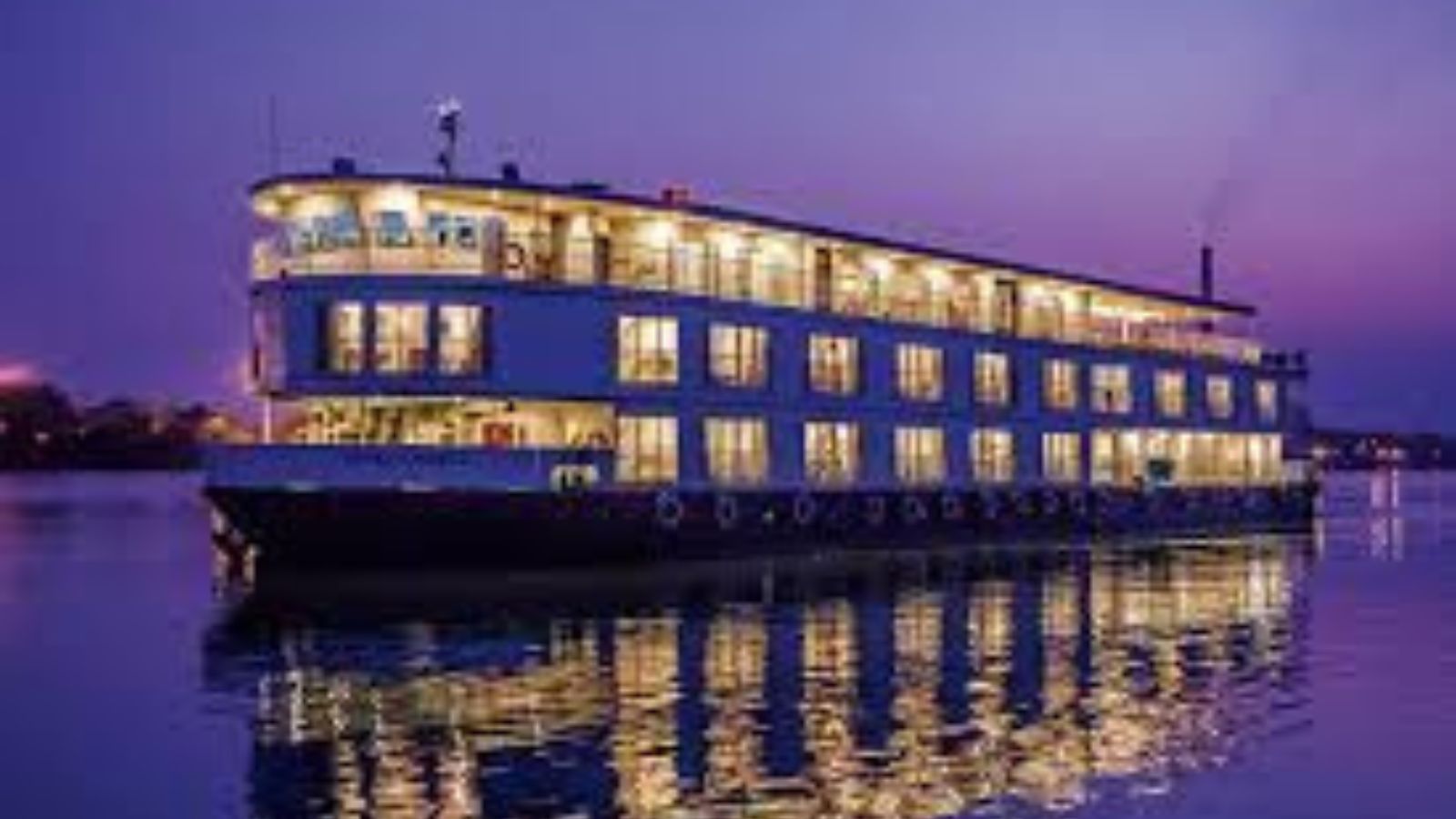
BALAJI TEMPLE
Situated on the Narakasur Hill in Guwahati, the Balaji Temple is dedicated to Lord Venkateswara. It offers stunning views of the city and is a popular religious site for devotees.
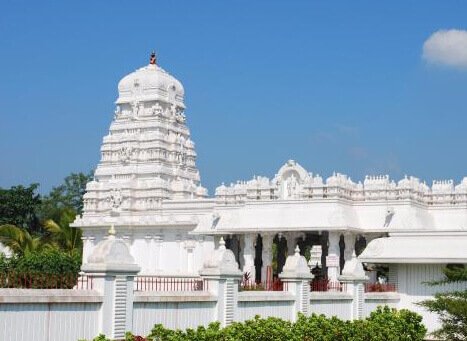
NAVGRAHA TEMPLE
A unique temple dedicated to the nine celestial bodies or Navgraha, the Navgraha Temple in Guwahati is an important pilgrimage site for those seeking astrological and spiritual guidance.

BAISISTE TEMPLE
An ancient temple dedicated to Lord Vishnu, Baisista Temple in Guwahati is known for its tranquil surroundings and historical significance, making it a quiet place for spiritual reflection.
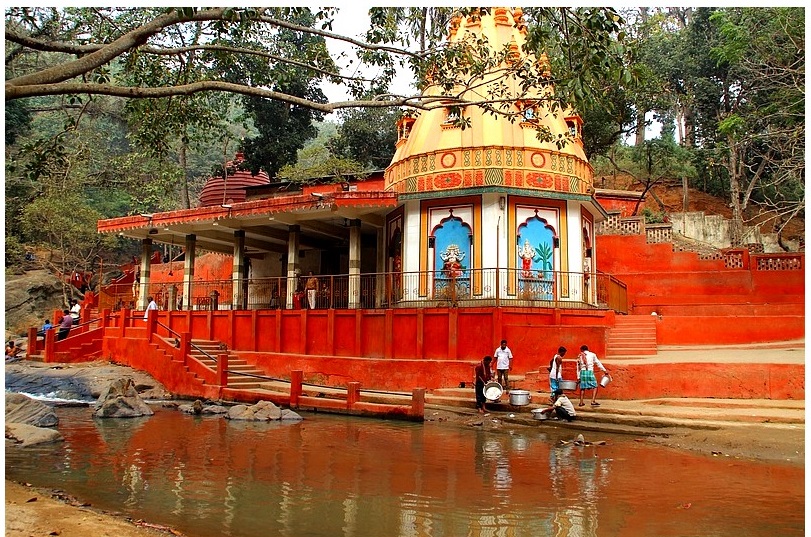
POBITORA NATIONAL PARK
Known for its dense population of the one-horned rhinoceros, Pobitora National Park is a haven for wildlife enthusiasts and nature lovers. It offers jeep safaris and bird watching opportunities.
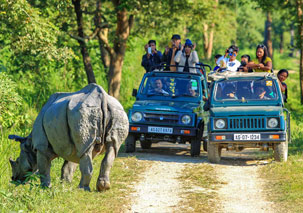
MAHAMRITYUNJAY TEMPLE
Situated on the banks of the Brahmaputra River, this temple is dedicated to Lord Shiva and is believed to have spiritual powers to ward off death and diseases, attracting numerous devotees each year.
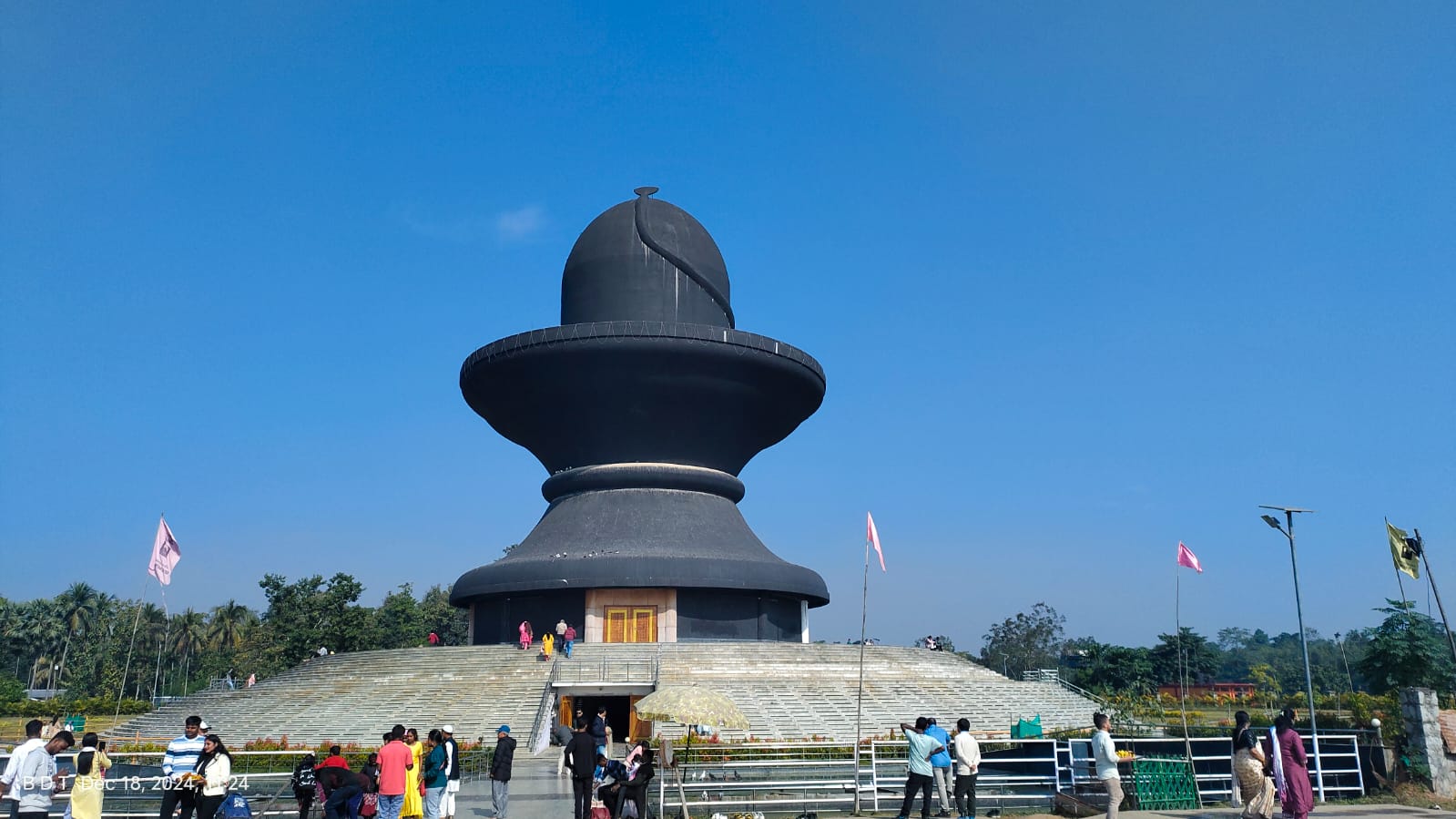
MANASH NATIONAL PARK
A UNESCO World Heritage Site and a biosphere reserve, Manas National Park is known for its rich biodiversity, including rare species like the golden langur and the one-horned rhinoceros. It offers both wildlife safaris and river rafting.

MAJULI
Majuli is the world’s largest river island, located in the Brahmaputra River. It is known for its vibrant culture, satras (Vaishnavite monasteries), and unique Assamese lifestyle, making it a popular destination for cultural and eco-tourism.

RANG GHAR
A historical amphitheater in Sivasagar, Rang Ghar was once the royal sports pavilion of the Ahom kings. It’s a fine example of ancient Assamese architecture and is an iconic structure in the region.
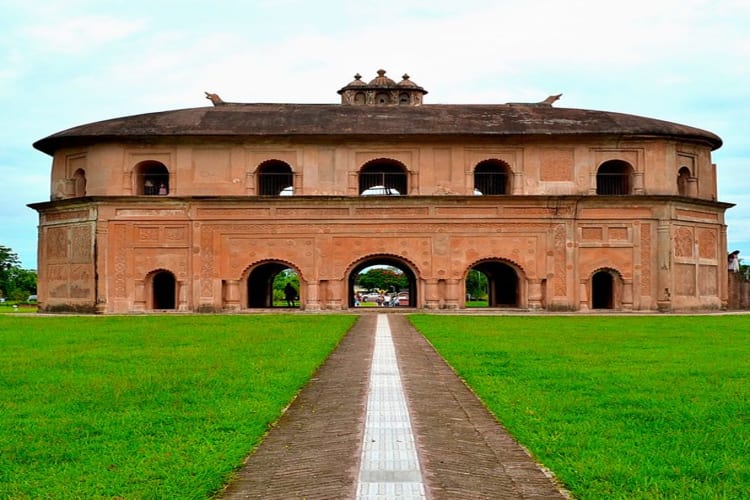
TALATAL GHAR
Another architectural marvel from the Ahom dynasty, Talatal Ghar is a historic palace and military base with a fascinating underground structure. Located in Sivasagar, it reflects the grandeur of Assamese royalty.



